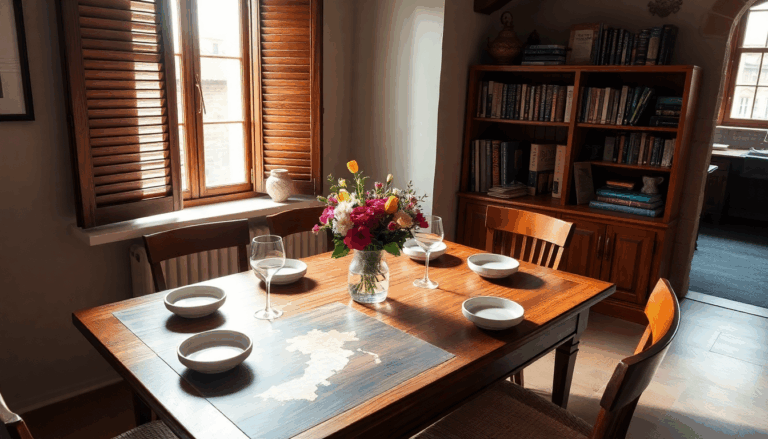Renting out a second home in Italy can be a fantastic investment opportunity, but navigating the maze of tax regulations and administrative requirements can feel daunting. Are you fully aware of the fiscal obligations that await you? Overlooking even the smallest details can lead to hefty penalties.
In this guide, we’ll explore the key taxes and strategies for managing property rentals effectively, ensuring you maximize your financial returns.
Navigating the Regulatory Landscape
When you decide to rent out a second home, you’re stepping into a world filled with complex taxes and regulations. The Italian Revenue Agency keeps a close watch on this sector, which is notorious for tax evasion. Have you thought about what
common pitfalls you might face? One major issue is accurately reporting rental income, which must be paired with the registration of the lease agreement. This registration is vital—not only does it validate your contract, but it also opens the door to potential tax benefits, like the flat tax regime (cedolare secca).
It’s crucial to remember that delays or omissions in tax payments can lead to substantial penalties. For instance, if you’re late on the
IMU (property tax) or registration tax, fines can accumulate over time, potentially reaching up to 3.75% of the amount owed if the delay stretches beyond ninety days. This reality highlights the importance of staying on top of tax deadlines. It’s certainly not a task to take lightly!
Exploring Tax Options and Benefits
The flat tax regime is an appealing option for many property owners, but understanding its conditions is essential. This choice is available only to individuals renting residential properties within specific cadastral categories. Have you ever wondered how it works? A reduced rate of 10% applies exclusively to contracts under a regulated rent scheme in municipalities facing high housing demand or those impacted by natural disasters, while the standard rate is 21% for other situations.
By choosing the flat tax regime, landlords can avoid paying registration tax and stamp duty on lease agreements, terminations, and renewals, leading to significant savings. However, it’s worth noting that opting for this route means you won’t be able to adjust the rent based on the ISTAT index, which is something to think about, especially during inflationary periods.
Additionally, keep in mind that rental income is added to your other declared earnings, which could push your IRPEF tax rate into a higher bracket. Sticking with the ordinary IRPEF regime might increase your tax burden—a phenomenon often referred to as the “scaglione jump.” So, every decision you make deserves careful consideration!
Additional Costs and Considerations
Beyond direct taxes, landlords should also factor in ancillary costs that, while not technically taxes, represent significant financial commitments. Have you considered the importance of properly registering with the Land Registry and updating the property’s intended use? These elements are crucial for steering clear of tax audits and demands for back payments.
There are opportunities for tax optimization, but they come with specific requirements. The flat tax regime can offer considerable benefits, particularly for those renting under regulated agreements in qualifying municipalities. Securing and retaining certification from relevant associations is key to unlocking these benefits. There are many opportunities available, but you definitely don’t want to miss out!
Alternatively, property owners could consider granting the house in free use to direct relatives, which might lead to a 50% reduction in IMU, provided you meet additional registration and residency requirements. This option shouldn’t be overlooked, right?
Conclusion and Best Practices
In summary, renting out a second home can indeed be a lucrative investment, but it requires careful consideration of fiscal regulations and meticulous management of every aspect of the rental process. Engaging a professional for administrative and tax management can be a smart strategy to avoid common pitfalls and ensure a seamless experience. Are you ready to take the next step toward your real estate investment?

